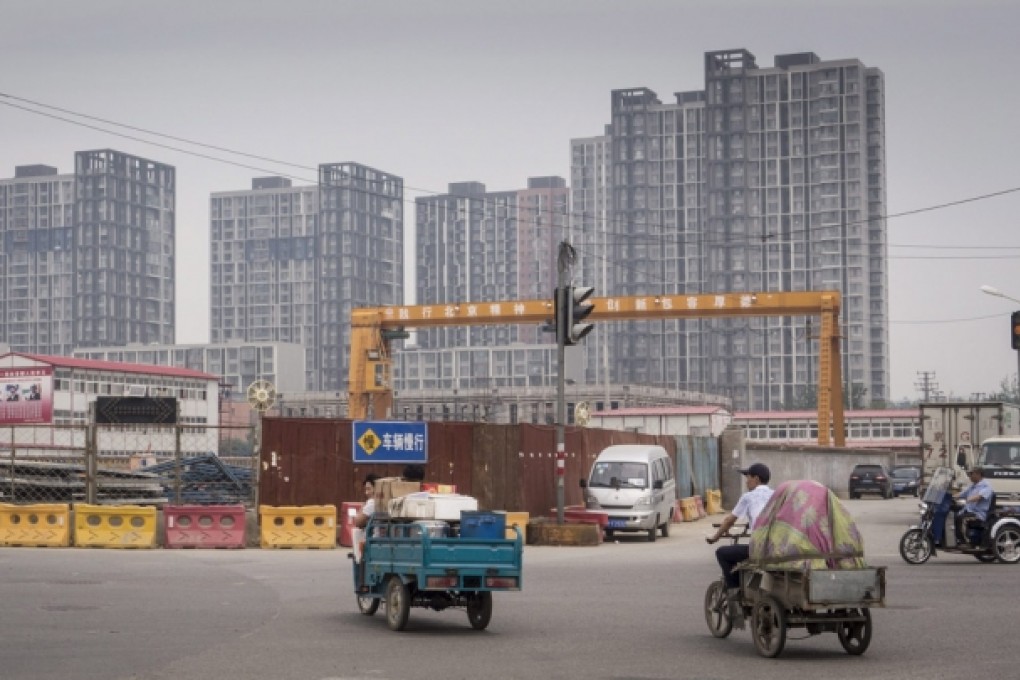Monitor | Urbanisation not the cure-all China's leaders are hoping for
Rising household incomes are touted, but construction expectations may be built on shaky ground and it's no sure bet moved farmers will benefit

Any conversation about China these days rapidly turns into a discussion about the economic promise of urbanisation.
Urbanisation is not just the centrepiece of new Premier Li Keqiang's economic policies. According to enthusiasts, it is the engine that will power China's future development, justifying sky-high investment levels, and even propelling a long-sought switch to a more sustainable consumption-driven growth model.
Believers in the potential of urbanisation point out that today only just over half of China's population lives in cities. If that proportion were to rise over the next couple of decades to 75 per cent, in line with the rich world's levels, they reckon 300 million people - equivalent to the entire population of the United States - will have to migrate from the countryside to the cities.
To accommodate them, China would have to build a new city the size of Shanghai every year for the next 20 years. That would entail massive investment in housing and infrastructure, supporting everything from commodity to property prices.
What's more, argue the enthusiasts, because city-dwellers earn more than their country cousins, urbanisation will boost consumer demand, accelerating China's economic rebalancing.
That, at least, is the idea. Unfortunately, however, there are signs China's urbanisation is not the economic cure-all its proponents expect.

